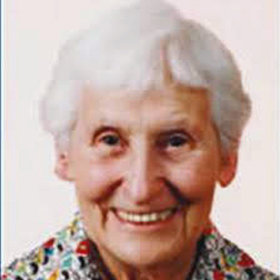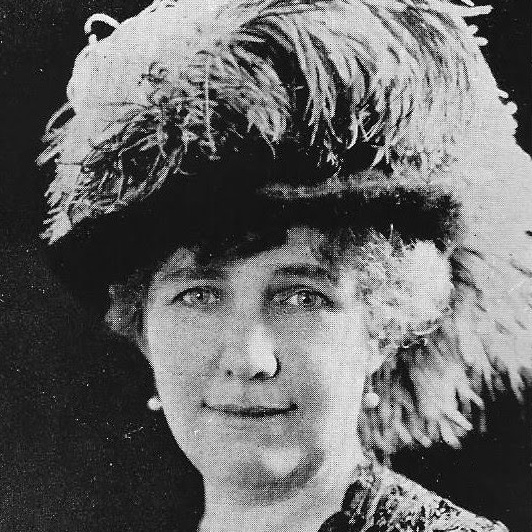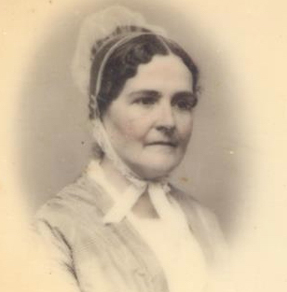Known as the “Mother of the 54th,” Martha Bush Gray was an African American Civil War nurse who served the troops of the 54th and 55th Massachusetts Regiments in the South. Married to First Sergeant William H. W. Gray of the 54th Regiment, Martha was concerned for her husband’s health and wanted to be useful to the young New Bedford men during the war. “I am anxious to do all that I can for them, and my country also,” she wrote to her congressman, and became one of the few African American women allowed to serve the troops in the field.
Known as the “Mother of the 54th,” Martha Bush Gray was an African American Civil War nurse who served the troops of the 54th and 55th Massachusetts Regiments in the South. Martha’s parents, William Bush of Washington, D.C. and Lucinda Clark of Maryland, had moved to New Bedford by 1849, where William began work as a laborer. He next ran a grocery store on South Water Street, then managed a boardinghouse on Coffin and First Streets.
One of at least eight children born to William and Lucinda, Martha married First Sergeant William H. W. Gray of the 54th Regiment. In addition to her husband, the 54th was filled with young New Bedford men that Martha knew, including two cousins, several students that she taught at Sunday school, and others from her father’s boardinghouse. Concerned about her husband’s health and wanting to be useful to these young New Bedford men, Martha wrote to her congressman and asked for permission to go south and serve as a nurse for the sick and wounded. New Bedford Mayor George Howland Jr. supported her request, and on March 10, 1864, Martha was given permission to go to South Carolina and work as a nurse for both the 54th and 55th Regiments. “I am anxious to do all that I can for them, and my country also,” she wrote to the congressman, as she became one of the few African American women allowed to serve the troops in the field.
Martha brought medical supplies to South Carolina from New Bedford and took care of the sick and wounded in a hospital there. Not many letters of African American women remain from the Civil War, but newspaper articles and other sources provide glimpses into their war role. Reports indicate that African American nurses bonded with the soldiers as surrogate mothers who favorably impacted patient recovery. Female nurses during the Civil War lived in the hospitals, witnessed traumatic injuries and were exposed to contagious diseases. They experienced exhaustion, severe weather and lack of food. With no children of her own, Martha supported “her boys” by recreating a familial setting in the hospital wards and bonding with her patients. Despite support from friends in New Bedford, Martha failed in attempts to receive a military pension after the war.
Ann O’Leary, Emily Bourne Research Fellow
Information from
-
Grover, Kathryn. The Fugitive’s Gibraltar: Escaping Slaves and Abolitionism in New Bedford, Massachusetts. U of Massachusetts P, 2001.
-
Mulderink, Earl F. New Bedford’s Civil War. Fordham UP, 2012.
-
Richard, Patricia L. Busy Hands: Images of the Family in the Northern Civil War Effort. Fordham UP, 2003.
![[Martha Bush Gray], c. 19th century, Photograph, Courtesy of Carl Cruz Collection of New Bedford Historical Society Photograph of Martha Bush Gray - a woman with her dark hair pulled back, wearing a blackdress and jacket with a white shirt underneath](https://historicwomensouthcoast.org/wp-content/uploads/2018/05/Martha-Bush-Gray-e1526415404205-1199x1199.jpg)




